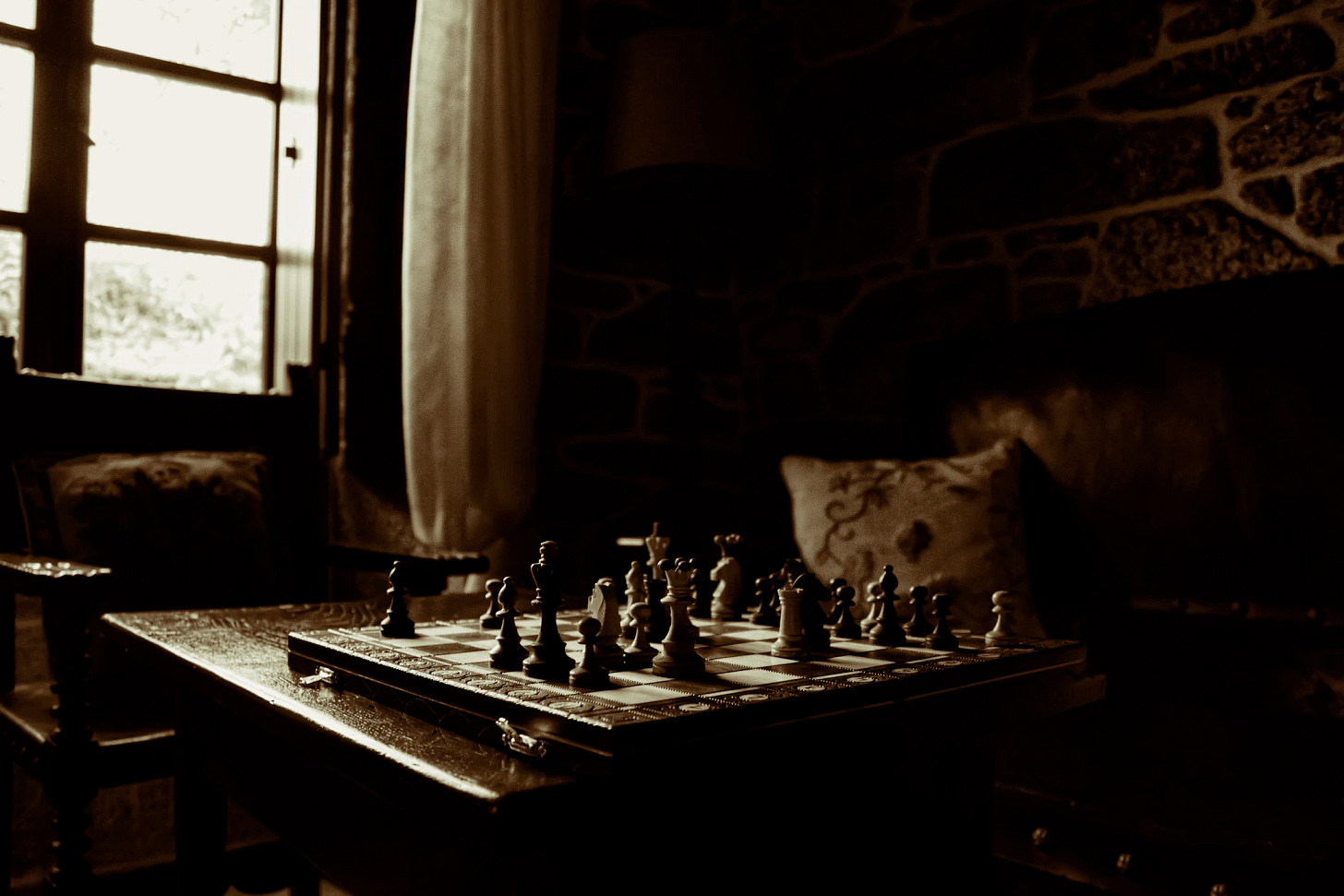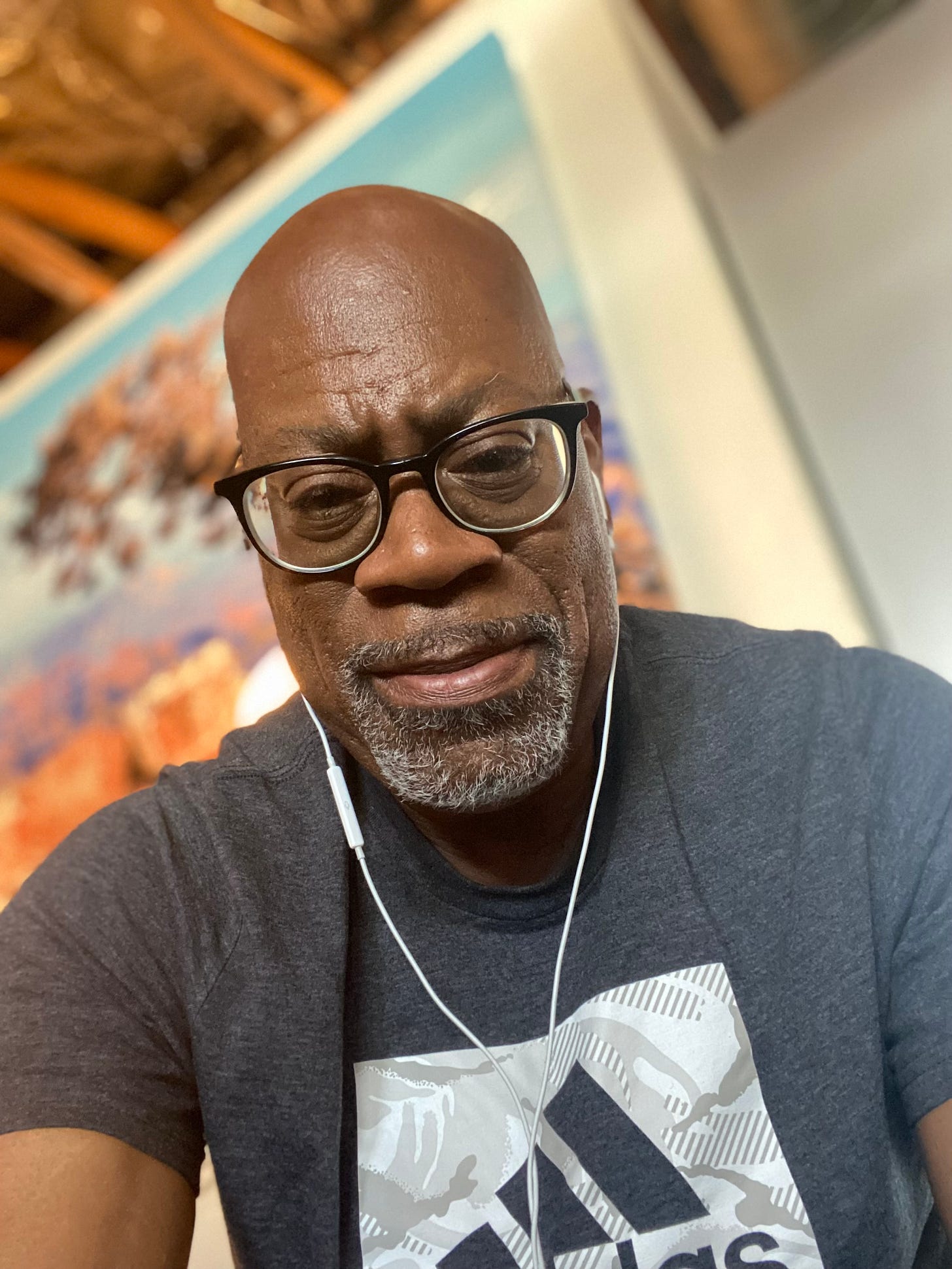Unsplash Photo Credit: Anastasia Nelen
We live in a time where transparency and openness are often heralded as virtues. Yet the strategic value of secrecy remains a quietly powerful force.
This act of keeping one's plans hidden—whether from adversaries, competitors, family or even close friends—can be a deliberate and potent maneuver.
The merits of this restraint have been expounded in ancient treatises like Sun Tzu’s “The Art of War,” where skillful deception and strategic ambiguity are central tenets. It’s a philosophy that extends far beyond the battlefield and into many facets of our personal and professional life.
Strategic Silence as Your War Cry
Sun Tzu’s counsel in “The Art of War” remains evergreen: "All warfare is based on deception." Although often interpreted in a purely military context, this principle holds true for any endeavor that involves competition, strategic positioning, or long-term ambition.
Keeping one’s intentions opaque serves not only to shield them from sabotage but also to create space for unimpeded growth. When we reveal our plans prematurely, we expose them to scrutiny, criticism, and resistance—often before they have even had a chance to solidify.
The wisdom of silence lies not merely in avoiding external challenges but also in nurturing one’s internal resolve. There is an energy in secrecy that allows plans to develop without the weight of expectations or the pressure to perform.
Like a seed planted deep within the earth, undisturbed by external forces, our intentions can grow stronger and more resilient when protected from prying eyes.
A Friend’s Strategic Mystery
Years ago, over lunch in Chicago, a friend of mine by the name of Suzanne shared with me that she was leaving her corporate job to pursue a new career. Her announcement was accompanied by an intriguing refusal to reveal what that career was. When pressed, she smiled and simply said that she would be unreachable for the next 4 to 6 years.
To an observer, this might have seemed cryptic or unnecessarily guarded, but Suzanne’s decision was rooted in an instinctual understanding of strategic silence.
It wasn’t until years later that I learned Suzanne had attended medical school and was now a cancer surgeon in the L.A. area.
Her journey, as it turns out, was far more ambitious than anyone could have guessed. By keeping her intentions secret, she not only protected herself from the judgment and unsolicited advice that often accompany such a radical career change but also preserved the energy needed to undergo a profound personal transformation.
In retrospect, her silence was an act of self-preservation and empowerment. It allowed her to move through her challenges without distraction or interference, emerging on the other side not as a former corporate professional, but as a healer saving lives.
Like Suzanne, when I set my sights on a goal, I prefer to move in quiet, purposeful strides rather than announcing my intentions to the world.
There’s in fact something powerful about maintaining a degree of mystery—letting people catch just a glimpse of what I’m up to through carefully placed breadcrumbs. It keeps others guessing, while allowing me the freedom to adapt and pivot without the weight of external scrutiny or expectations.
This approach is not about being secretive for secrecy’s sake but about cultivating the space I need to let my ideas grow on their own terms.
Phil Jackson, the legendary NBA coach, has always been a muse for me in this respect. Jackson was known for his unorthodox methods, often keeping his strategies close to the chest, revealing just enough to keep both his team and opponents engaged, but never fully tipping his hand.
His approach resonates with my own desire to operate with a quiet intensity, staying focused on the endgame while embracing the Taoist principle of effortless action. By leaving just enough clues, I invite curiosity while safeguarding the full picture, ensuring that when my plans do come to fruition, they arrive fully formed and on my own terms.
Unsplash Photo Credit: Javier Grixo
The Philosophy of Concealment: Pros and Cons
Eastern philosophy often emphasizes balance and discernment. In the Taoist tradition, there is a concept of “wu wei,” or effortless action. This idea suggests that by flowing naturally with circumstances, without forcing one’s will upon them, one can achieve more than by deliberate assertion.
Applied to the context of revealing or concealing one’s plans, this philosophy would advocate for acting in harmony with the situation. There are times when revealing intentions is necessary, and times when silence serves the greater goal.
On the one hand as I’ve discussed, keeping one’s plans hidden protects them from external interference. It creates a psychological advantage, allowing one to operate under the radar, free from the constraints of others’ expectations. It also creates adaptability for when your intentions are unknown, you are free to change course without the burden of public accountability.
On the other hand, secrecy can sometimes alienate allies or lead to misunderstandings. In relationships and collaborative environments, strategic openness can foster trust and collective support. The key, then, is knowing when to reveal and when to withhold. In Suzanne’s case, her silence was precisely what she needed to undergo a transformation that required unwavering focus and commitment.
The Subtle Art of Hidden Intentions: A Concluding Thought
The decision to keep one’s plans hidden is not merely a tactic; it’s a philosophy that aligns with the principles of strategic wisdom found in Sun Tzu’s “The Art of War” and the flowing, effortless action of Taoist thought. By understanding when to embrace silence and when to speak, we navigate our lives with both power and grace.
Suzanne’s story is a reminder that sometimes the most profound transformations we experience occur in the quiet, hidden spaces of our lives—where intentions grow, unbothered by the world’s gaze, until they are ready to emerge fully formed.
In a world that seemingly demands transparency, the ancient wisdom of strategic silence remains a valuable guide for those seeking to achieve something extraordinary. Whether it’s a career change, a personal goal, or a creative endeavor, there is merit in allowing our plans to mature in the dark, emerging only when they are strong enough to withstand the light.
Since 2022, I, Diamond Michael Scott, aka The Chocolate Taoist, have delivered uncommon nomadic wisdom to help you live a more interconnected and expansive life.
If this publication has been a source of wisdom for you then please consider helping me sustain it by becoming a monthly or annual contributor.
For just $6.00/month or $60.00/year, you’ll have the opportunity to share your lived experiences with fellow nomads, fueling fiery discussions that provoke, inspire, and challenge you to think differently.
So I hope you will take the plunge today and contribute to my mission of helping human travelers on this life journey.
Onward and Forward
Diamond Michael Scott aka The Chocolate Taoist







Sometimes, achieving our deepest desires requires temporarily hiding them from ourselves, even as we pursue them. The superego lies in wait, ready to pounce on our dreams like a cat chasing a laser pointer beam. Having filed away every judgmental, critical, and downright mean thing that others have said to us, it can readily feed it back to us in the form of even nastier self-talk, and the dearer the desire, the stronger the effort to derail it. If we are able to notice this tender spot, we can “hide” the seed of the dream, telling our superego, “Really, it’s no big deal,” and buy ourselves time for it to take root—maybe just a couple months, or maybe those 4 to 6 years your friend Suzanne asked for.
Thank you for this. It came at just the right moment!